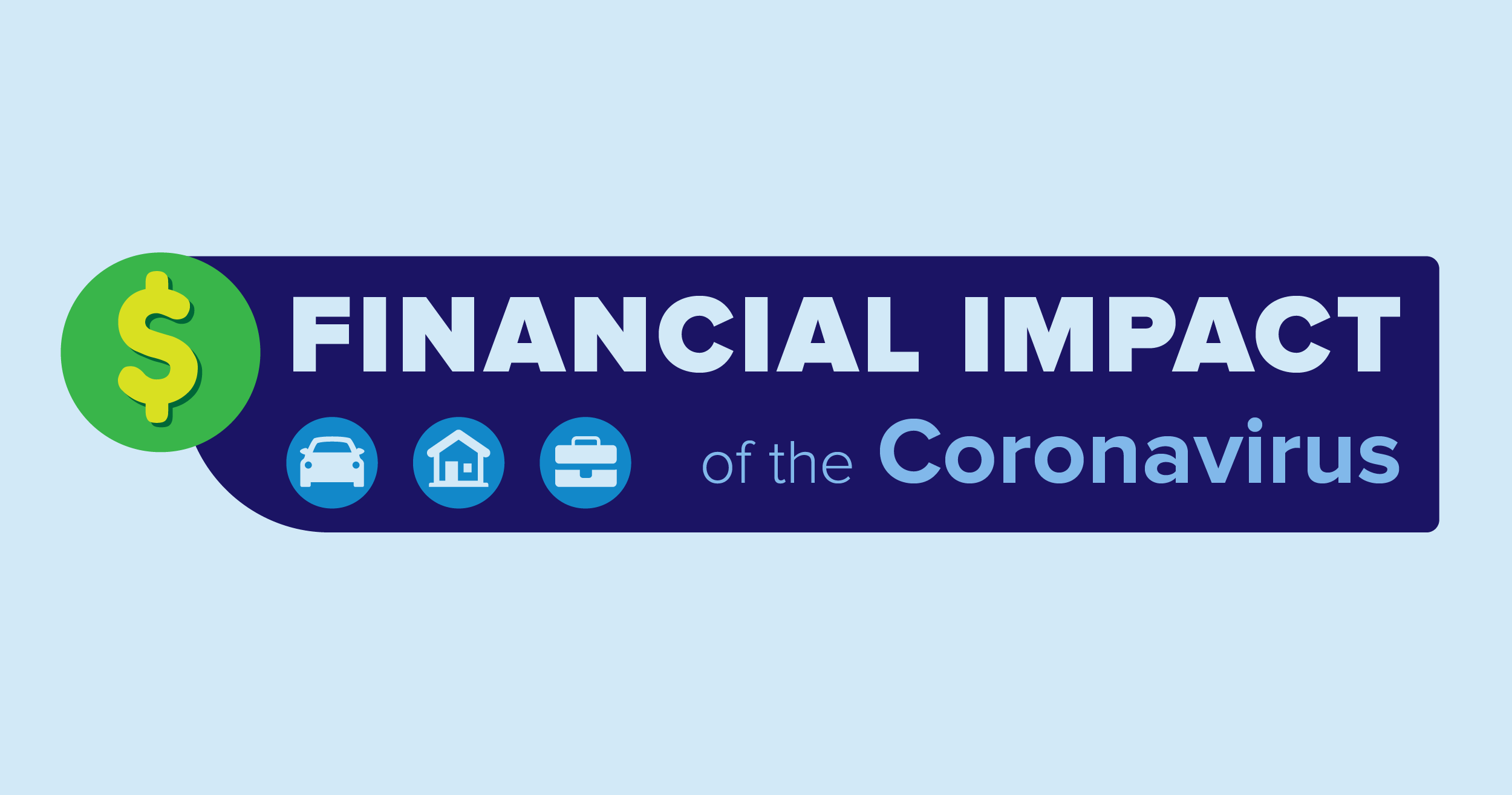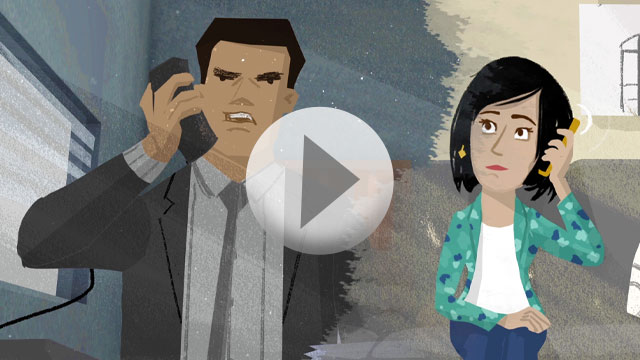Job losses have traveled hand-in-hand with the Coronavirus. If you’re having trouble paying your bills, you’re not alone. Here are a few things to keep in mind if a debt collector calls.
 Consider talking with the collector at least once, even if you can’t pay right away or don’t think you owe the money. That way, you can confirm whether it’s really your debt. If it is, you may be able to work out a payment plan or settlement.
Consider talking with the collector at least once, even if you can’t pay right away or don’t think you owe the money. That way, you can confirm whether it’s really your debt. If it is, you may be able to work out a payment plan or settlement.
Collectors have to follow rules when they contact you. Watch the short video at the end of this post to learn about these rules. During the Coronavirus emergency, the federal government and many state and local governments also have put special programs in place that may help you manage your debt:
- The Department of Education (ED) has temporarily stopped the collection of federally-owned student loans that are in default. In fact, whether or not you’re in default, if you have federal student loans, you don’t need to pay your monthly payments from March 13, 2020 through the end of the pause, and interest also has been suspended. Visit ED’s website to learn more.
- Some states are limiting what collectors can do during this emergency. For example, you’ve probably heard about the $1,200 economic stimulus payments that most people will get as a direct deposit to their bank account. If a debt collector or a creditor has sued you, they may have a garnishment order that would let them seize the payment when it reaches your account. Some states, however, are temporarily making debt collection seizures like this illegal. Check with your state attorney general to find out about any emergency limits on debt collection actions in your state. (A new IRS “Get My Payment” tool lets you track the payment to your account.)
- Many state and local governments have temporarily halted actions like evictions, foreclosures, and water and utility shutoffs. Contact your state and local government to find out about emergency protections that may apply to you.
If the collection calls get to be too much, you can stop them. Just send the collector a letter telling them to stop contacting you. Keep a copy for your records. Stopping the calls won’t cancel the debt. You still might be sued or have debt reported to a credit bureau. But, stopping the calls may give you time to regroup, then start working your way toward financial recovery.
Updated November 23, 2022 to reflect the extension of the student loan payment pause. Visit the U.S. Department of Education to learn more.


In reply to 844-804-8467 / 646-480-0521 by Jod2020
You can report that to the FTC at www.FTC.gov/Complaint. The information you give will go into a secure database that the FTC and other law enforcement agencies use for investigations.
In reply to I'm currently out of work by Rrod7
In reply to hospital calling about my ER by Rhythmof1
In reply to Do creditors have an by BJL0204
In reply to I was served 2 civil summons by MSR11
In reply to Court ordered debt collecting by Bayarea35416